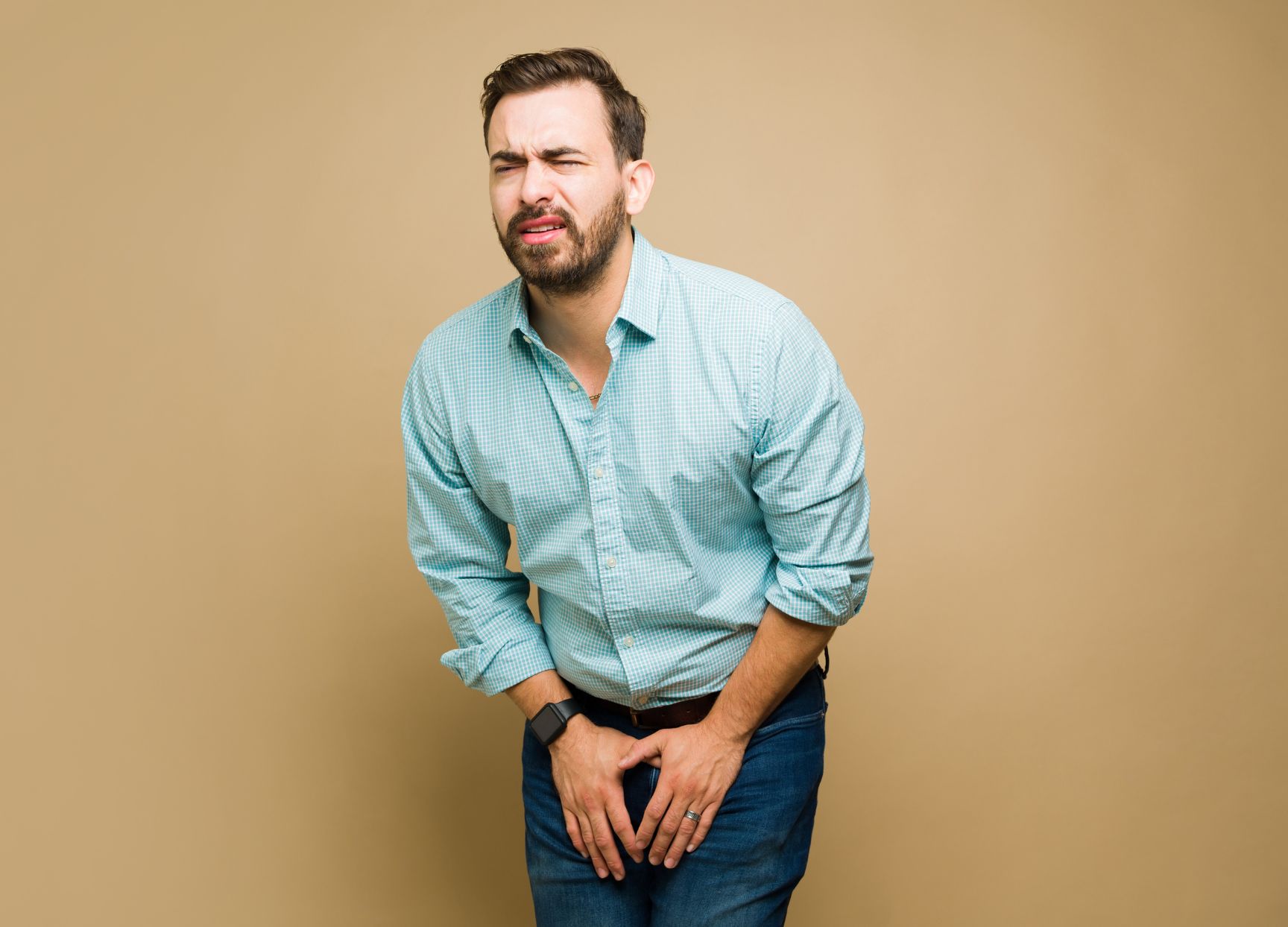Miss Kiki Mistry
Consultant Urological Surgeon
Specialist expertise: Urology, Functional Urology, Urinary Incontinence, Urinary Tract Infection, Emphasis on Women's Healthcare, Urogynaecology, Female Urology.
Urinary incontinence is the involuntary leaking of urine from the bladder. It is a common condition that can affect men and women.

Urinary incontinence tends to affect both men and women as we get older. It can cause a great deal of embarrassment and stop people from going out and enjoying their day to day activities. The good news however, is there are treatments that can help. The first step is determining the type of incontinence a patient has.
There are several different types of urinary incontinence, and it’s possible to have one, or a mixture of multiple types:

The main symptom of urinary incontinence is the uncontrolled leaking of urine. This could be just prior to feeling a sudden urge to urinate, when standing up, doing exercise or coughing and laughing. Some patients get no warning whatsoever.
The condition can affect your quality of life, which can have an impact on your mental health. Many people who experience incontinence feel embarrassment, which can lead to low self-esteem and low mood, which in turn can stop some people with the condition from wanting to leave the house or partake in their normal routine and activities.
Urinary incontinence can also be a sign of another underlying condition. It’s therefore important to seek diagnosis and treatment if you’re experiencing any leaking.

Urinary incontinence can be caused by a wide range of factors, both short and long-term. Risk factors include being overweight, smoking and having a family history of incontinence can also make you more vulnerable to the condition. For men, it may be related to their prostate and how their bladders empty whilst for women it is often due to how well the pelvic floor muscles support their bladders.
Short-term factors which may cause incontinence include:
Urinary tract infections (UTIs) - this common issue causes pain in the tummy and creates an urgent need to urinate more frequently. It can also cause bladder spasms which cause involuntary leaking
Pregnancy - as the uterus expands during pregnancy it places extra pressure on the bladder, causing an urgency to urinate and also leaking.
Certain medications - urinary incontinence can be a side effect of some medications, such as diuretics and antidepressants.
Certain foods and drinks - coffee, alcohol and fizzy drinks, and foods like chilli, chocolate and citrus fruits may act as diuretics, making you need to urinate much more often.
Constipation - the bladder and rectum share many of the same nerves. Constipation can cause these nerves to be overactive, increasing urinary frequency.
Long-term causes of incontinence include:
Pelvic floor disorders - weak or compromised pelvic floor muscles can impact bladder function and lead to urinary incontinence. This is most common in women after childbirth.
Menopause - hormone levels change rapidly during menopause and pelvic floor muscles can become weaker, which can cause incontinence.
Diabetes - diabetes causes the body to produce more urine and peripheral neuropathy can affect the bladder’s function.
Neurological disorders - conditions including multiple sclerosis, Parkinson's disease, a stroke, a brain tumour or a spinal injury can impact the nerve signals responsible for bladder control, causing urinary incontinence.
Enlarged prostate (benign prostatic hyperplasia) - this condition can cause several bladder control issues which can lead to leaking.
Prostate cancer - prostate cancer can lead to stress or urge incontinence in men if left untreated, but more often, incontinence is a side effect of prostate cancer surgery.

During a consultation at OneWelbeck, your consultant urologist will ask you some questions about your symptoms and lifestyle to help determine the type of incontinence you have and what may be causing it.
Your consultant may also need to perform a physical pelvic examination. In women, this involves an examination of the vagina. In men, this involves an examination of the prostate gland via the rectum.
Other tests may also be required to identify the cause of your incontinence. These can include:
Cystoscopy - a thin tube with a camera at the end is used to look inside your bladder and urinary tract to identify abnormalities that could be causing incontinence.
Urodynamic tests - These are a series of tests that check the function of your bladder and urethra. The tests nvolves measuring the pressure in your bladder and abdomen whilst filling your bladder. Once your bladder is full, you are asked to urinate in to a special machine that measures the flow of urine.

Urinary incontinence can be an uncomfortable and embarrassing condition to live with, but thankfully there are treatments that can help to lessen or even resolve the issue.
Treatments for urinary incontinence include:
The type of treatment you need will depend on the severity and cause of your incontinence. Your OneWelbeck consultant will talk you through your options and provide you with the most
appropriate treatment plan
Currently selected day
Available consultations